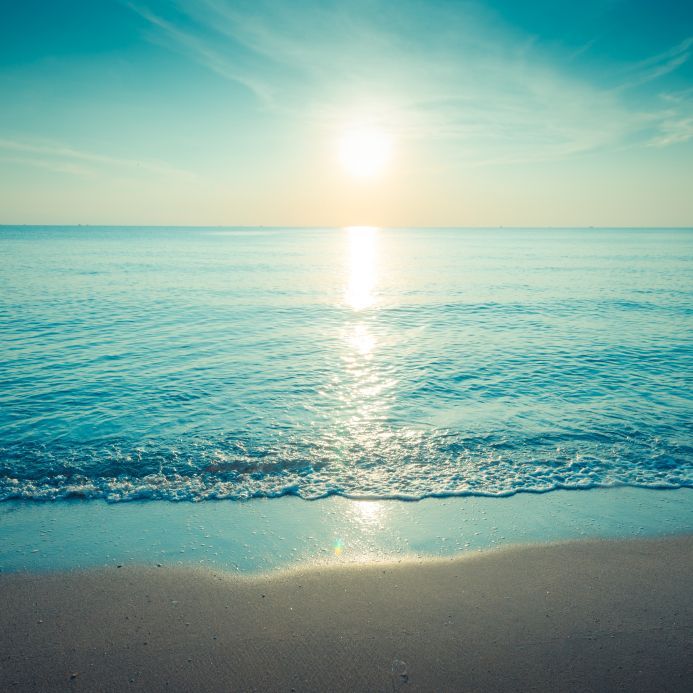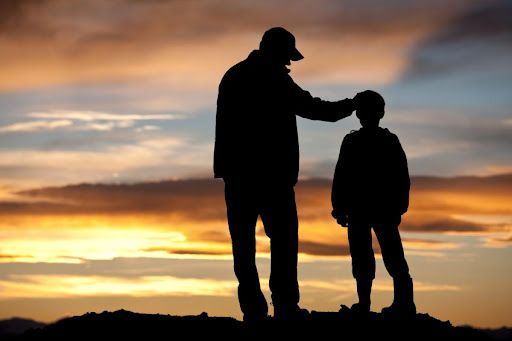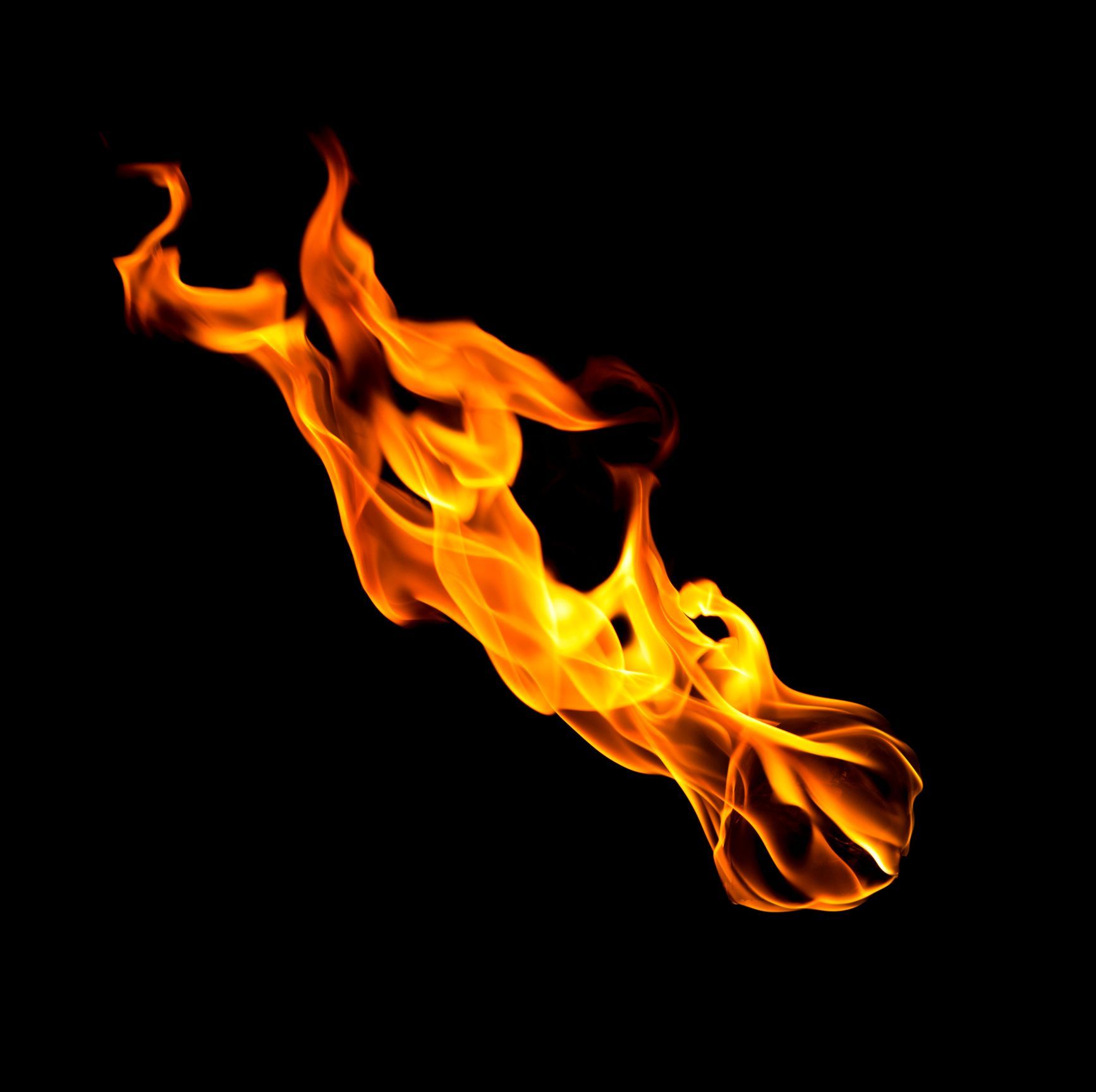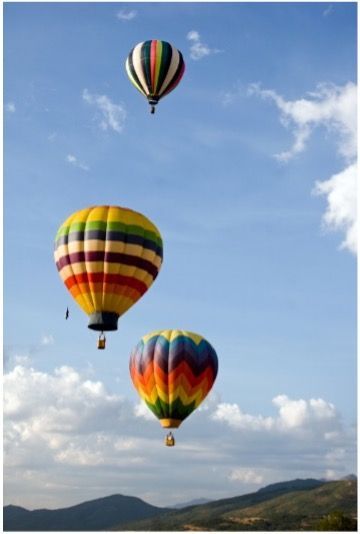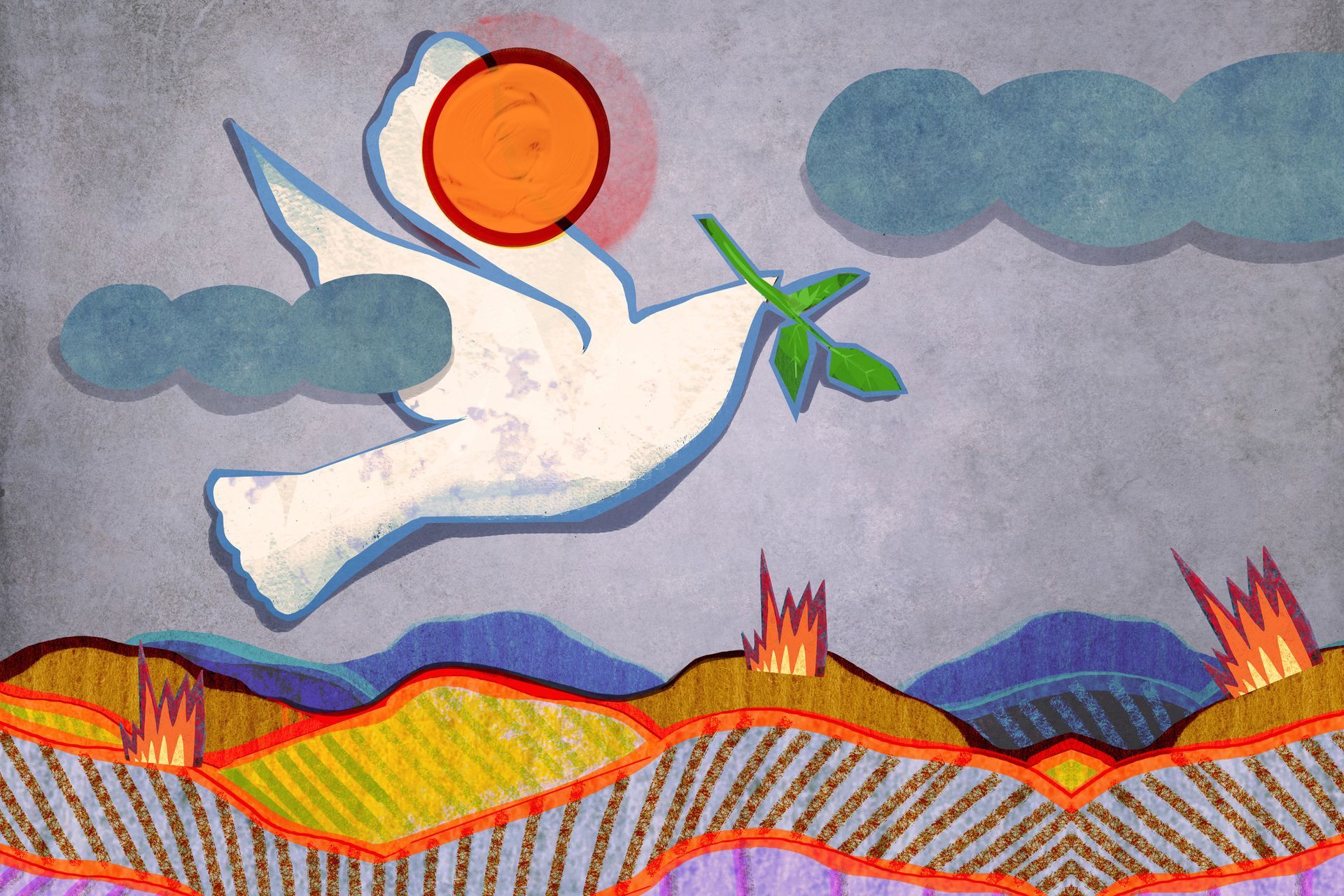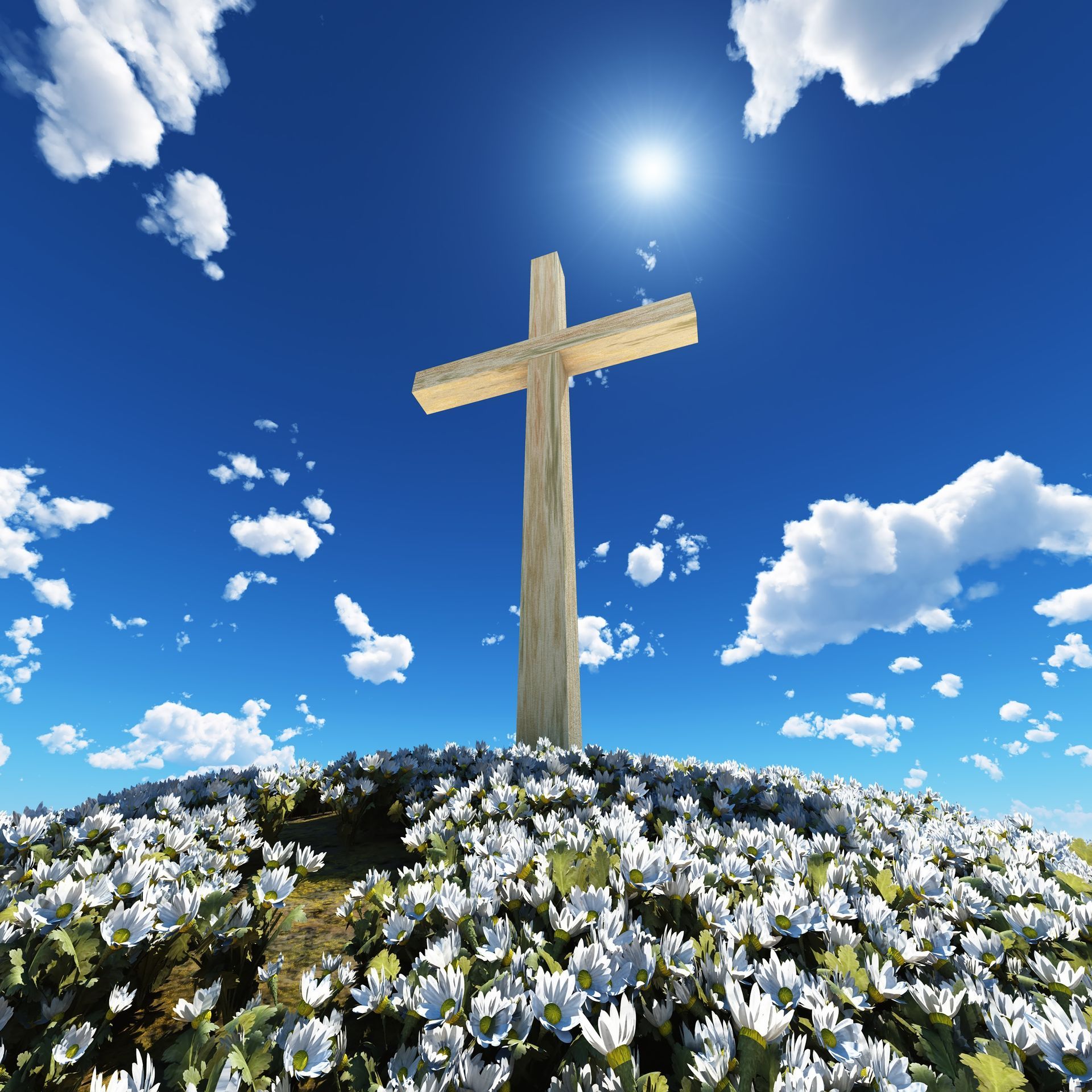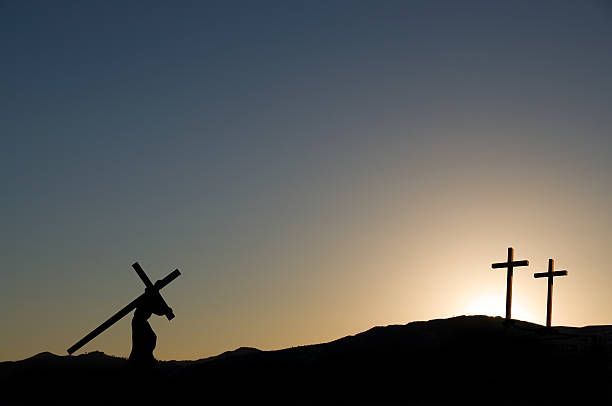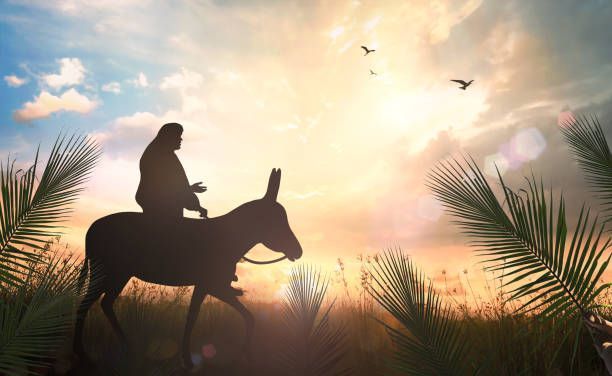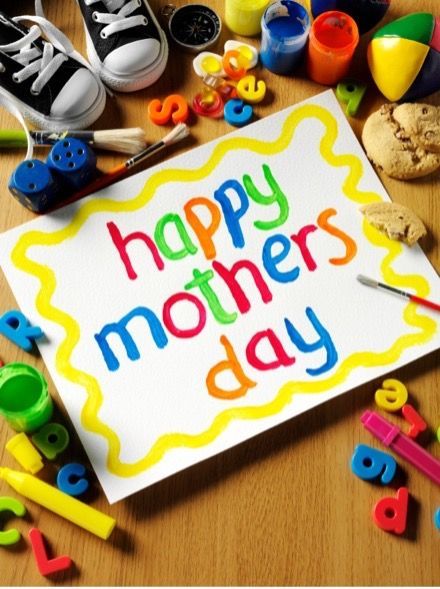: HELL ON EARTH!
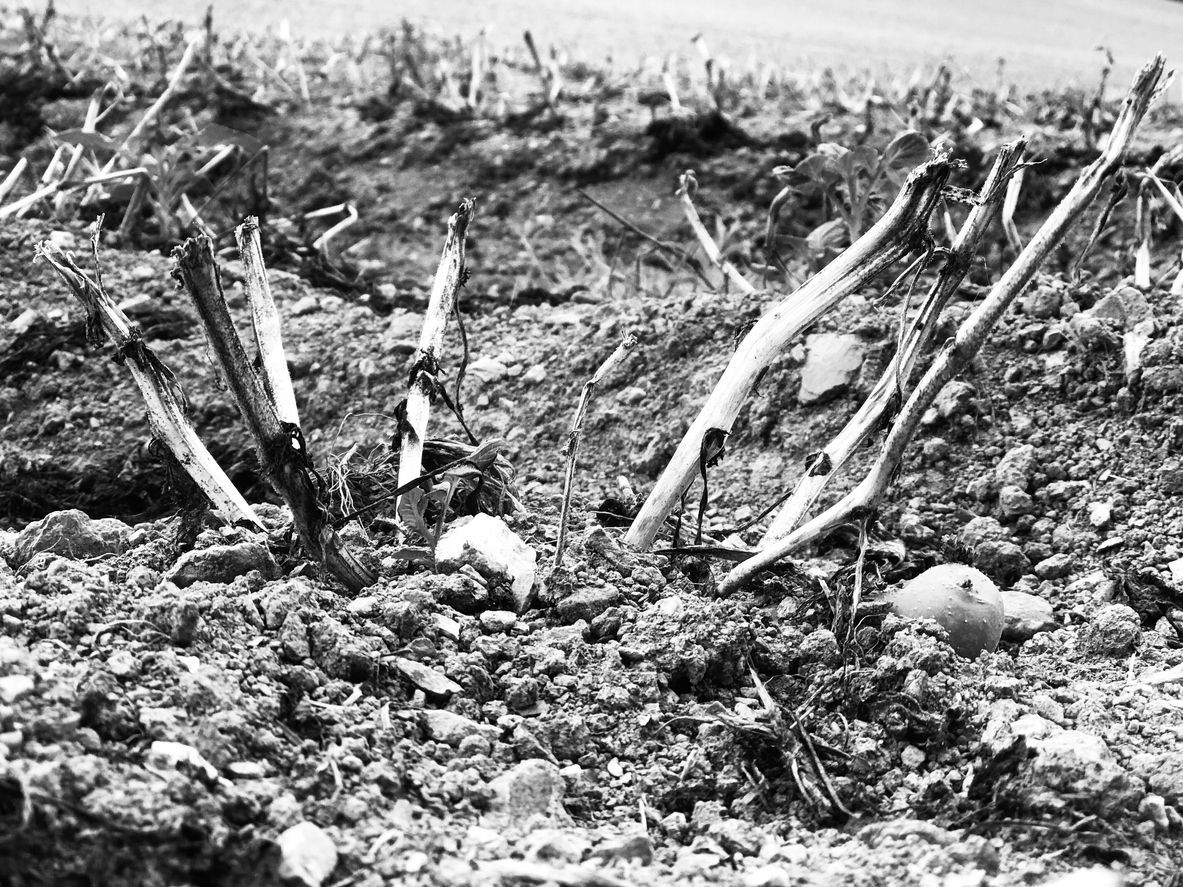
Hell on earth does exist.
When we see the pictures on TV of the damage done in Gaza by Israeli military action and in Ukraine by Russian bombardment, we are surely seeing ‘hell on earth’. It is almost impossible for those of us living in peaceful countries to imagine the terror being experienced daily in those war-torn areas. In Gaza, in particular, we see the breakdown of civil society and organisations, so that obtaining the necessities of life - food, water, shelter, medical aid - becomes a daily struggle.
Normal life becomes impossible.
On Remembrance Day we recall those who gave their lives in the horrors of the First World War and subsequent conflicts. For many, those horrors are summed up in one name - Passchendaele - a name which has come to symbolise the horrors of the warfare in the Flanders area. Apart from pictures of men in the trenches and ‘going over the top’, it is pictures of the Passchendaele area that give the stark impression that the conflict there was indeed ‘hell on earth’.
Such pictures show that the artillery bombardments reduced the woods to shattered, skeletal tree trunks, smashed the drainage systems and pockmarked the ground with shell holes. Together with the heaviest rain for 30 years, the shelling churned the ground into thick mud, turning the area into a nightmarish quagmire over which men fought and died, a quagmire which swallowed men and horses whole and has buried their remains to this day. It is no wonder that no-one can agree on the number of casualties in the three months of that battle. Estimates vary from 200,000 to 400,000 on each side. Passchendaele speaks of a never-ending hail of bullets and shells, rain and suffocating mud, truly a daily ‘hell on earth’ for those involved.
The ‘hell on earth’ of Passchendaele continued in the lives of those who had lost loved ones and those who came back from the war with physical wounds and mental scars and it has been repeated in every conflict and civil war since, as the media reports about Gaza and Ukraine testify.
‘Hell on earth’ is invariably man-made, caused not only by warfare but by random acts of hatred and violence. The knife attacks on innocent civilians in the UK this year have brought the dreadful experience close to home. ‘Hell on earth’ is also caused by extremes of poverty and unemployment, by lack of foresight by individuals, companies and authorities, often in their desire to make, or save, money. The inferno at the Grenfell tower block in London 7 years ago was surely ‘hell on earth’ for those caught up in it.
On Remembrance Day, we should recall all those whose experience, in any way, was or is ‘hell on earth’, and determine to do all we can to ensure that nobody has to live in, or go through, a ‘hell on earth’ of whatever kind. Such tragedies, for nations or individuals, should have no place in our world.
Wherever there is such ‘hell on earth’, created by mankind in its folly, hatred and selfishness, many would ask, ‘Where is God, the loving God of the Christians?’ Writing about the First World War, the poet S.J. Robinson put it this way :
When glory came to the trenches
- As an officer, shining bright –
Said He'd go over the Top for us
Then offered us a light
Reckoned our war would soon be over
And, at first, we jeered
But He told us of His battle plan
And took away our fear
He promised to always be near us
And try to keep us safe
Didn't believe in us killed and sacrificed
In this dark forsaken place
He explained that to die was His job
And that we must be content
To tell others of His coming here
As o'er the Top He went
When Glory came to the Trenches
We said, of commanders, He was alone
"Well, they only came here to send you," He said
"I came to take you all home "
